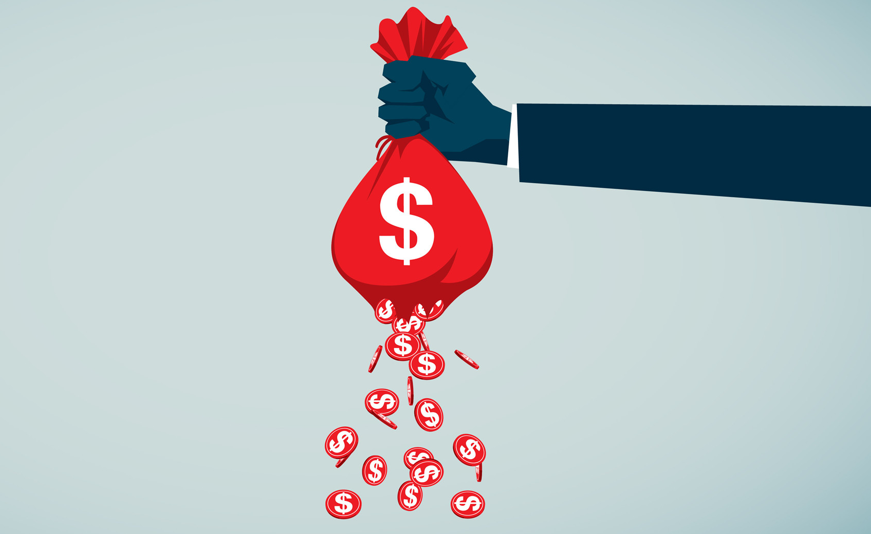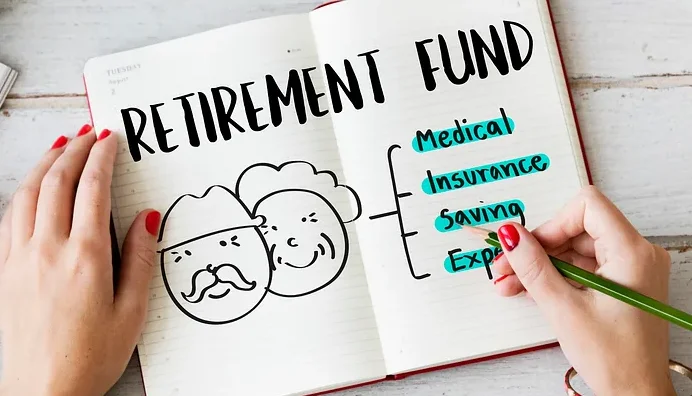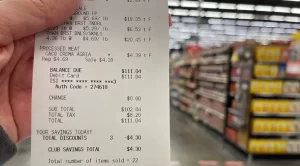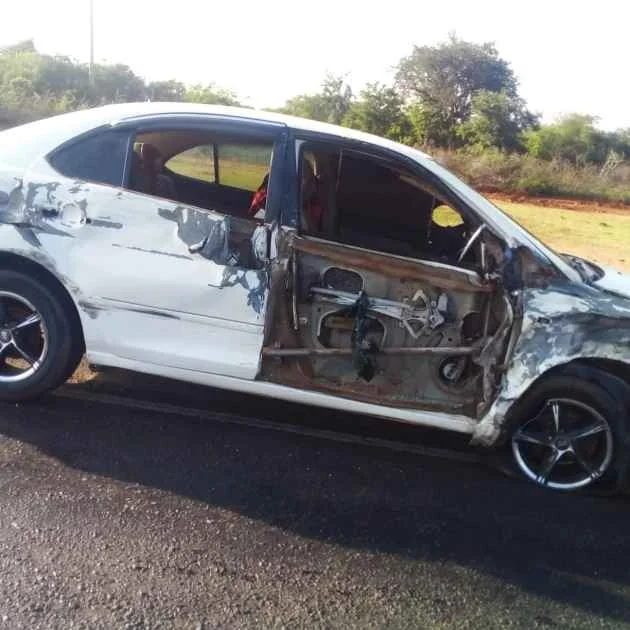Breaking Free: A Comprehensive Guide on How to Get Out of Debt
Summary:
Escaping the clutches of debt is a journey towards financial liberation. This article serves as a guide, offering practical steps and insights on how individuals can break free from the shackles of debt and regain control of their financial well-being.
Debt can be an overwhelming burden, affecting every aspect of one’s life. However, with a strategic approach and commitment, it’s possible to pave a path towards financial freedom. Here’s a step-by-step guide on how to get out of debt:
1. Face the Reality:
The first step is acknowledging the extent of the debt. Create a comprehensive list of all debts, including amounts, interest rates, and minimum monthly payments. This clear picture forms the foundation for a debt payoff plan.
2. Create a Budget:
Developing a realistic budget is crucial. Categorize expenses, prioritize necessities, and allocate a portion of income to debt repayment. Cutting unnecessary expenses can free up funds for debt reduction.
3. Prioritize High-Interest Debts:
Tackle high-interest debts first to minimize the overall interest paid. Consider strategies like the debt snowball method, focusing on paying off smaller debts first and gradually working towards larger ones.
4. Negotiate with Creditors:
Contact creditors to discuss payment options. Many creditors are willing to negotiate lower interest rates or establish a structured repayment plan. Open communication can help alleviate financial strain.
5. Explore Debt Consolidation:
Consolidating multiple debts into a single, lower-interest loan can simplify repayment. However, it’s essential to carefully consider the terms and potential impact on overall financial health.
6. Increase Income Streams:
Explore opportunities to increase income, such as part-time work, freelancing, or selling unused items. Supplementing income can accelerate debt repayment and ease financial strain.
7. Build an Emergency Fund:
Creating an emergency fund prevents relying on credit during unexpected expenses. Even a small fund can provide a financial safety net, reducing the risk of accumulating further debt.
8. Seek Professional Advice:
If overwhelmed, consider seeking advice from financial counselors or debt consolidation services. They can provide tailored guidance and assist in negotiating with creditors.
Frequently Asked Questions (FAQs):
Q1: Can I negotiate with all creditors?
A1: Yes, many creditors are open to negotiation. It’s advisable to communicate early, explain the situation, and explore options for revised payment plans.
Q2: How long does it take to get out of debt?
A2: The timeline varies based on factors like the amount of debt, income, and repayment strategies. Consistent effort and adherence to a plan are key to expediting the process.
Q3: Will debt consolidation impact my credit score?
A3: Debt consolidation may initially impact your credit score, but if managed responsibly, it can contribute to long-term credit health by reducing overall debt.
Q4: Is bankruptcy the only solution for severe debt?
A4: Bankruptcy should be considered as a last resort. Exploring alternative options, such as negotiation and debt repayment plans, is advisable before pursuing bankruptcy.
Q5: Can I still enjoy life while getting out of debt?
A5: Absolutely. Budgeting allows for responsible spending, and finding affordable ways to enjoy life is crucial for maintaining motivation throughout the debt repayment journey.
Breaking free from debt requires commitment, discipline, and a well-thought-out plan. By following these steps and seeking support when needed, individuals can embark on a journey towards financial freedom and a debt-free future.





















